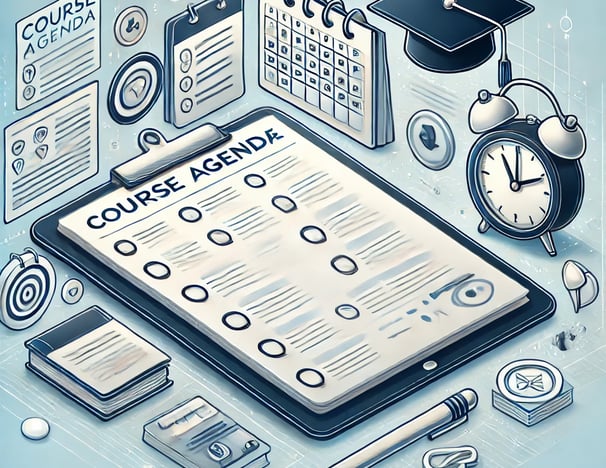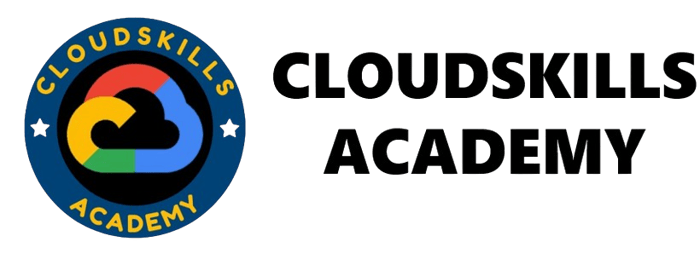

Project Management (30-Day Plan)
1. Module 1: Introduction to Project Management (2 Days)
2. Module 2: Proj. Mgt. Frameworks and Methodologies (4 Days)
3. Module 3: Project Initiation and Planning (4 Days)
4. Module 4: Risk and Resource Management (3 Days)
5. Module 5: Project Execution and Monitoring (4 Days)
6. Module 6: Leadership and Team Management (3 Days)
7. Module 7: Financial and Procurement Management (2 Days)
8. Module 8: Quality and Change Management (3 Days)
9. Module 9: Project Closure and Lessons Learned (2 Days)
10. Module 10: Final Wrap-Up (3 Days)
Syllabus in Detail for 30 Days
Module 1: Introduction to Project Management (2 Days)
Overview
What is Project Management?
Importance and Benefits of Effective Project Management
Key Roles in a Project: Project Manager, Stakeholders, and Team Members
Core Concepts
The Triple Constraint: Scope, Time, and Cost
Phases of Project Management: Initiation, Planning, Execution, Monitoring, and Closure
Module 2: Project Management Frameworks and Methodologies (4 Days)
Traditional Project Management
Introduction to Waterfall Model
Strengths and Limitations of Waterfall
Agile Project Management
Agile Manifesto and Principles
Scrum Framework: Roles, Ceremonies, and Artifacts
Kanban Basics
Hybrid Methodologies
Combining Agile and Traditional Approaches
Case Studies and Applications
Choosing the Right Framework for Different Projects
Module 3: Project Initiation and Planning (4 Days)
Project Initiation
Identifying Stakeholders and Their Expectations
Developing a Project Charter
Project Planning
Defining Project Scope and Objectives
Work Breakdown Structure (WBS)
Estimating Resources and Timelines
Project Management Tools
Introduction to Tools like MS Project, Asana, Trello, and Jira
Practical Exercises
Create a Sample Project Charter and WBS
Module 4: Risk and Resource Management (3 Days)
Risk Management
Identifying Potential Risks
Risk Assessment Matrix: Likelihood vs. Impact
Mitigation and Contingency Planning
Resource Management
Allocating Human, Financial, and Physical Resources
Managing Resource Conflicts and Dependencies
Tools and Techniques
Resource Allocation using Project Management Software
Module 5: Project Execution and Monitoring (4 Days)
Project Execution
Assigning Tasks and Responsibilities
Communication Management: Keeping Stakeholders Informed
Monitoring and Controlling
Key Performance Indicators (KPIs) for Projects
Earned Value Management (EVM)
Tracking Progress with Gantt Charts
Hands-On Activities
Use Tools to Monitor a Sample Project
Module 6: Leadership and Team Management (3 Days)
Leadership Skills
Qualities of an Effective Project Manager
Decision-Making and Problem-Solving
Team Management
Building and Motivating High-Performing Teams
Conflict Resolution Techniques
Effective Communication and Feedback
Role-Playing Exercises
Handling Team Conflicts and Stakeholder Communication
Module 7: Financial and Procurement Management (2 Days)
Project Financial Management
Budgeting and Cost Estimation Techniques
Cost Control and Tracking
Procurement Management
Vendor Selection and Contract Management
Procurement Lifecycle
Case Studies
Financial and Procurement Challenges in Real Projects
Module 8: Quality and Change Management (3 Days)
Quality Management
Defining Quality Standards for Projects
Tools for Quality Control: Checklists, Control Charts
Change Management
Managing Scope Creep
Change Request Process
Real-World Applications
Implementing Quality and Change Management in Ongoing Projects
Module 9: Project Closure and Lessons Learned (2 Days)
Project Closure
Delivering Final Outputs to Stakeholders
Creating and Sharing Final Reports
Lessons Learned
Conducting a Retrospective Meeting
Documenting Key Takeaways for Future Projects
Practical Task
Simulate a Project Closure Meeting
Module 10: Final Wrap-Up (3 Days)
Capstone Project
End-to-End Management of a Simulated Project
Application of All Learned Concepts
Mock Interviews
Common Project Management Interview Questions
Resume Preparation for Project Manager Roles
Job Application Assistance
Tips for Landing Project Management Roles
Highlights of the Curriculum
Comprehensive Frameworks: Covers Agile, Scrum, Kanban, and Traditional Methodologies
Practical Tools: Hands-on training with MS Project, Jira, Trello, and more
Skill Development: Emphasis on leadership, risk management, and communication
This curriculum provides a solid foundation for aspiring project managers, blending theoretical knowledge with practical application.
Copyright © 2025 CloudSkills Academy
Quick Links:
|
|
|
+91 9642820071
cloudskillsacademy9@gmail.com
|
